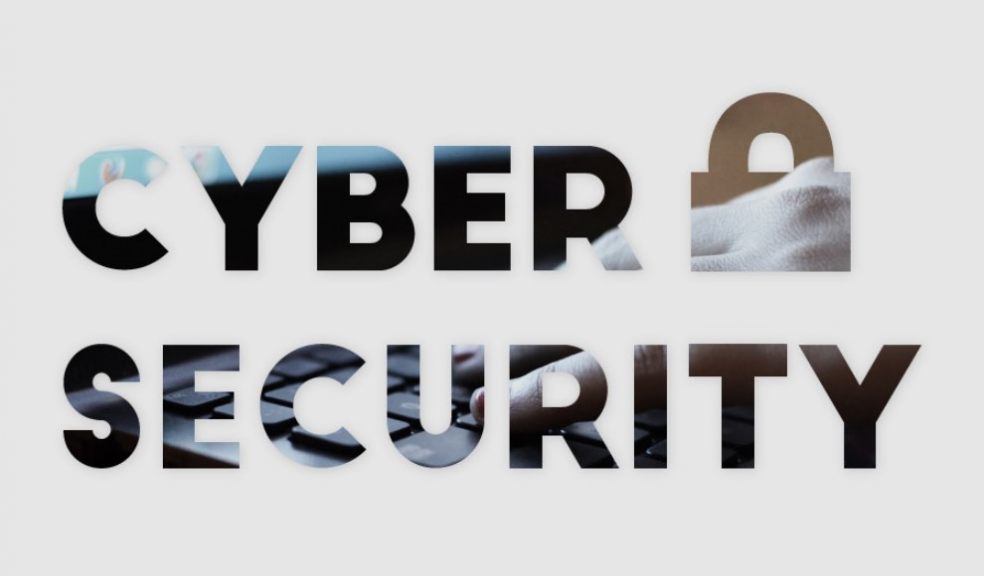
Safe Practices: 5 Practical Tips to Remain Cyber Safe during Vacation
The danger of cyber attacks along with information fraud is authentic nowadays, and specialists suggest your phone practices could potentially be placing you at higher risk.
Well, It’s quite straightforward to slide into a false feeling of protection while you are on a vacation. That feeling when you’re untroubled, finally in a comfortable place, and promote a here-and-now sense of pure relaxing.
Additionally, the possibility that you'll become a sufferer of a cyber attack always appears so improbable. Although a lot of mobile device users are aware of cyberattacks, the information is in, and infiltrations and theft are created by a series of careless habits and unsafe practices are evident and steadily rising.
News about phishing, ransomware, and hacking have been popular global headlines over these last few years.
In this generation, modern technology is rooted in every feature of our lives. In addition to that, the speed of change indicates tech industries and cybersecurity companies have a hard time progress at the same rate as security blemishes. As early as one flaw is detected, and exploited, it is always a competition to solve it. By the event that flaw has been remedied, another fault surfaces.
So, how do you safeguard your personal information when traveling?
1. Before you reach the border, tourists should switch off their electronic devices. This is the time when the encryption settings are at their most powerful and will better resist a range of cyberattacks that could attempt to shatter your encryption. Travelers should not depend plainly on biometric locks, because this can be less reliable than the basic passwords.
2. A lot of travelers will probably determine that inconvenience overrides danger and tour with mobile devices anyway. In this particular situation, travelers need to focus on guarding the data that they bring with them. One of the most dependable methods to do this is to apply encryption. Remember to visit robots.net to know more about thoroughly encrypting your electronic devices and make time to create a full backup of the details that you have.
3. Always certain to log out of applications and browsers that grant you access to online elements, and discard any saved login credentials by turning off autofill and cookies. This method will stop anyone from using your electronic devices without you knowing to obtain your sensitive online data. Also, you could momentarily uninstall mobile applications and clear your browser history so that it isn't instantly clear which online services you utilize.
4. Discourage yourself from connecting to public WiFi hotspots because they normally possess no encryption. As such, crafty players within a particular distance from your spot can listen to your conversations.
In situations when you need to connect to a public WiFi, try to utilize it mainly for simple browsing and apps that do not include putting your personal information. Refrain yourself from logging into web pages or accounts that carry sensitive information, like your bank account.
Additionally, this suggestion is not merely for your browser. You also need to avoid using particular apps that connect with your sensitive information, for example, a banking app. If you see yourself requiring to use public WiFi frequently, then you must consider using a Virtual Private Network (VPN).
Another concern with connecting to public hotspots is that it's risky to hold a saved WiFi account where the connection has no strong password or no password at all. In this kind of scenario, it would be meaningless for a hacker to deploy a fraudulent access point and fool your mobile device into suddenly connecting to a malicious network.
5. If you want to use your electronic device as a personal WiFi hotspot, guarantee that the name of the hotspot shows no personal information, employ a powerful password, and watch over the number of devices connected to your hotspot to assure that no one else is entering your connection.
To Conclude
Traveling nowadays is a lot more comfortable with the help of technology. You can be productive, relaxed, and in touch with friends and family. To some, bringing a smartphone or other electronic device is an important part of having a wonderful travel experience and an essential component of daily life.
Unfortunately, traveling together with devices can suggest heightened risks for keeping your personal information private and it increases the chances of becoming a victim of device theft. Luckily, by reading the tips above, you can surely outwit these cyber attackers and save those memorable moments during the holiday.













